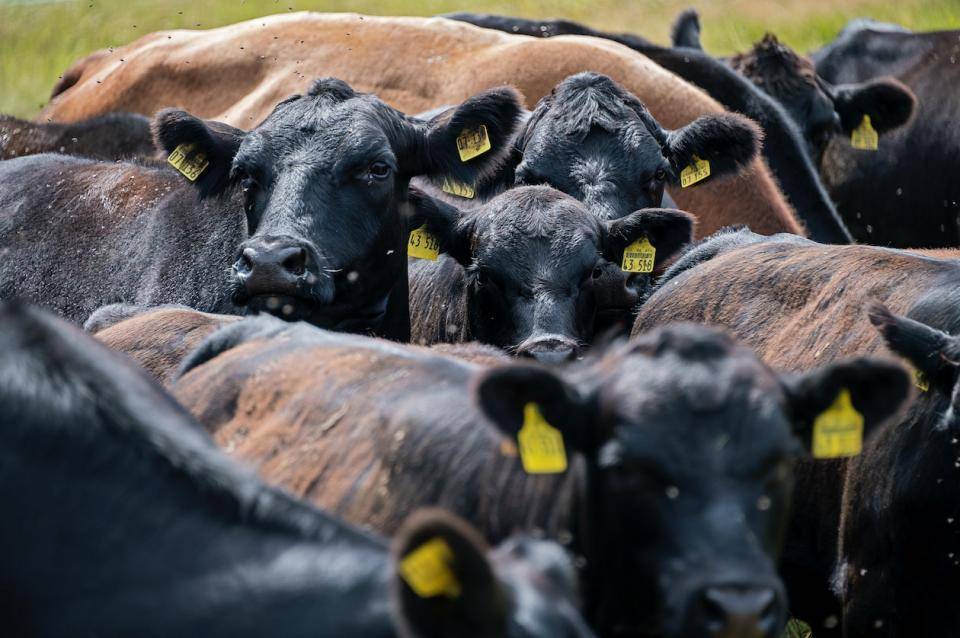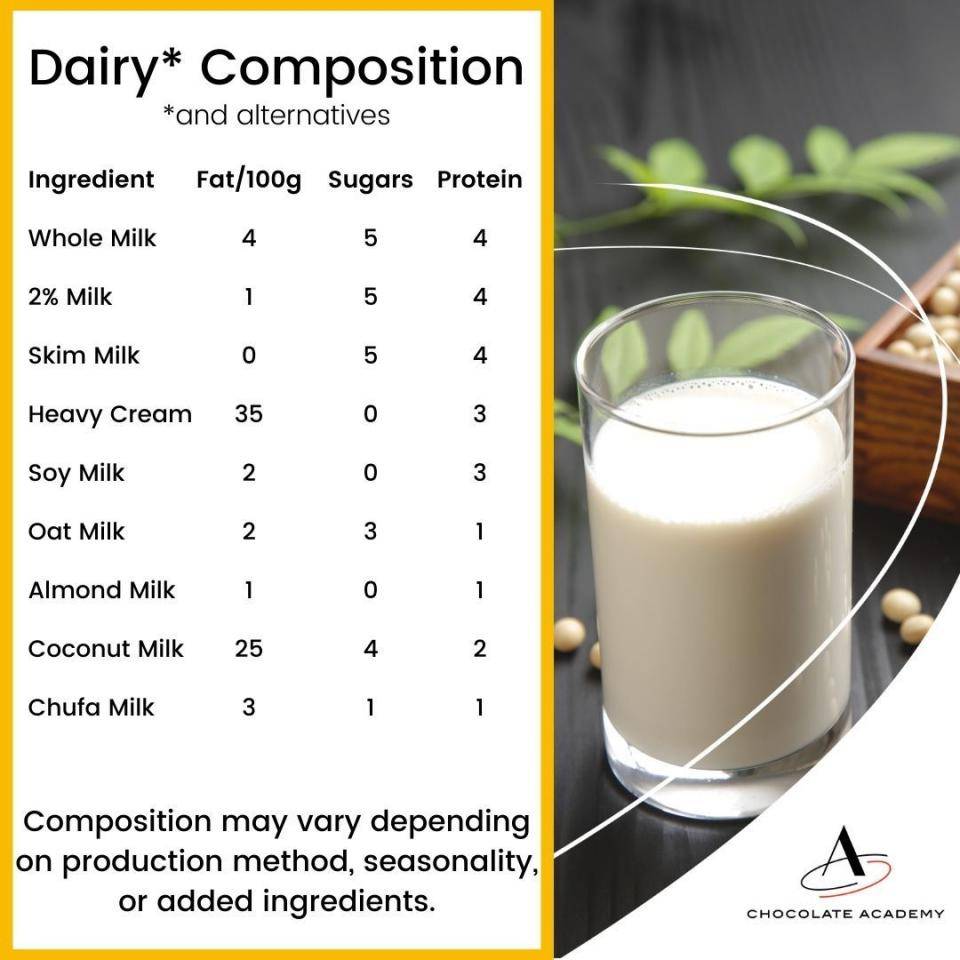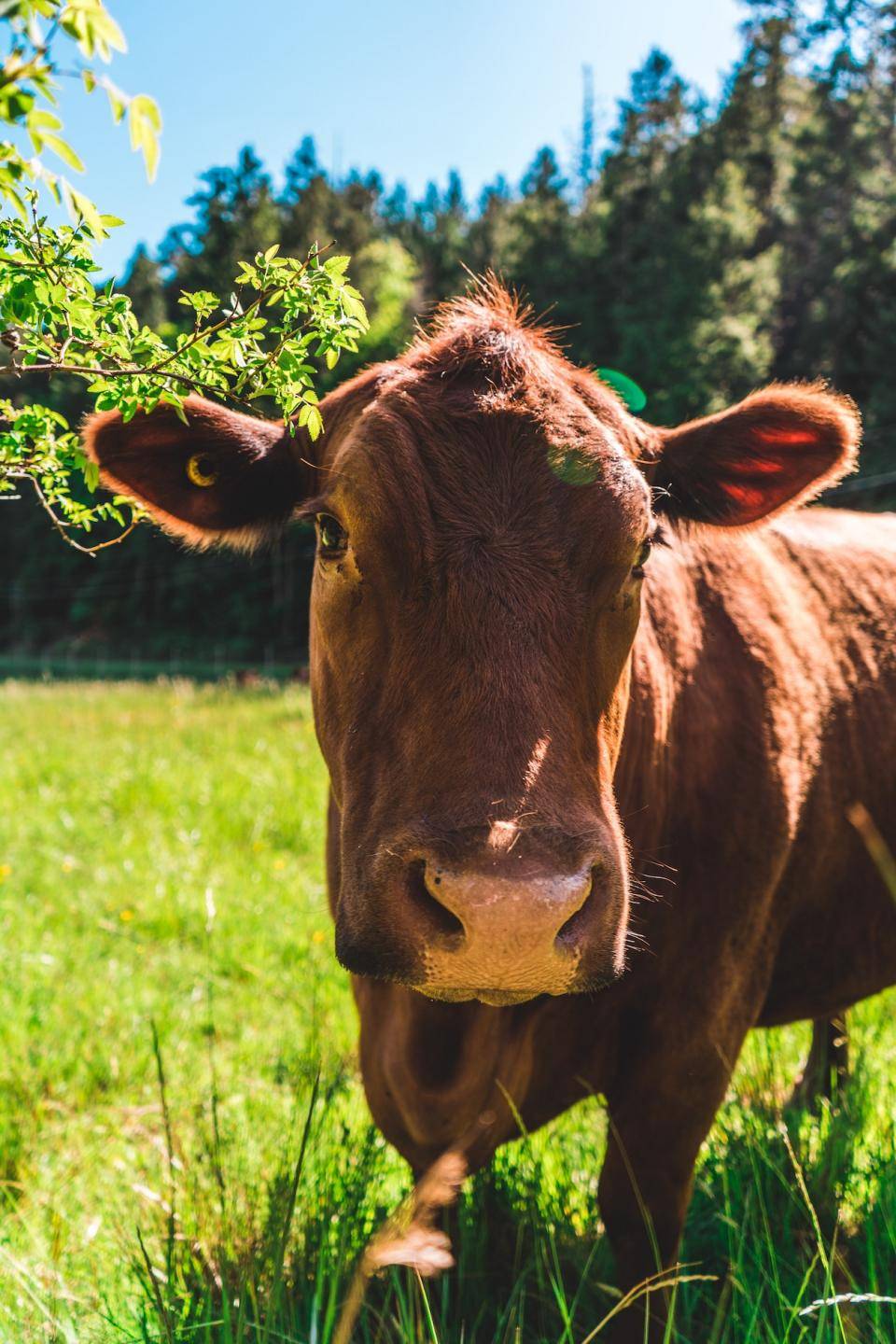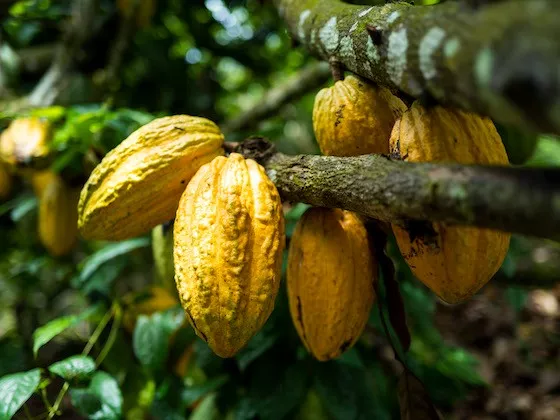Plant-Based Milk and Dairy Alternatives
Plant-Based Milk and Dairy Alternatives

The dairy industry continues to argue that only milk is “milk,” and they’re not wrong. Animal-based dairy products - particularly milk, cream, and butter made from cow’s milk - have unique qualities that are difficult to replicate. So why mess with a good thing?
The prevalence of lactose intolerance, the emergence of allergies, and growing concern regarding the inputs required to raise and maintain dairy animals have consumers seeking alternatives.

How Common is Lactose Intolerance?
Lactose intolerance needs no introduction. It’s very common, maybe even more than you think. According to the NIH, 68% of the world’s population cannot easily digest lactose (naturally occurring milk sugars). In fact, it required a genetic mutation in our ancient ancestors in order for any of us to be able to digest lactose. The ~35% of adults who have no trouble with cow’s milk tend to be of European ancestry. “This development of lactose tolerance took only about 20,000 years — the evolutionary equivalent of a hot minute — but it would have required extremely strong selective pressure.”
There are degrees of lactose intolerance. There are those who simply have a bit of trouble digesting milk sugars. It’s not a big deal, and they know how that ice cream sundae might affect them but dive in anyway. On the other end of the spectrum are those with full-blown lactose intolerance. These are people who find it necessary to avoid any and all traces of lactose. Milk sugars are not neutralized by baking and they can hide in various processed foods where you wouldn’t expect to find it. People with true lactose intolerance must be incredibly careful about the foods and beverages they consume. Many, many people fall somewhere in between, and many are lucky enough to be able to pick and choose - a scone made with butter and cream but paired with an oat milk latte. It’s all about balance!
Has “big plant milk” worked the market to popularize the problem of lactose intolerance in order to sell the solution? Absolutely. Is it legitimate? Actually, yes.

The Environmental Impact of the Dairy Industry
A concern for many of our customers, whether or not lactose is an issue, is the amount of land and water required to raise and maintain dairy cattle, not to mention the problem of their waste products, plus processing and shipping the finished products. Many argue that the environmental footprint of traditional dairy is simply too large, making plant-based dairy alternatives an attractive option.
It’s also important to consider the amount of water, land, transportation, etc., required for plant-based milks. Almond trees require a notoriously large amount of water to thrive, for example. We cannot claim to have a definitive answer for you regarding which type of milk is the best from an environmental standpoint. Trust your customers to have evaluated their options, and then listen to their feedback.

Other Factors to Consider When Evaluating Dairy Alternatives
Think:
- Fat
- Fiber
- Flavor
The nutritional profile of a plant-based milk plays a large role in a customer’s perception of it and in how it will perform in recipes and beverages. Some milks, like that from Tiger Nuts, offer added fiber. Coconut milk can add fat, which can effect the final outcome of a baked product or custard. Of the alternative dairy currently available, soy is the closest, nutritionally speaking, to cow’s milk, but many find soy milk doesn't hold up in terms of flavor.
Don’t rule out the flavor factor! Today’s diners are looking for products that are good for them and the planet, yes, but these items must also taste amazing. Oat milk’s popularity is due in part to its creamy, neutral flavor. Milks derived from coconut, hazelnuts, or cashews can have a distinct flavor that can enhance beverages and baked goods. The variety of milk alternatives available and the number of companies producing them means you may have to do some research and taste-testing before you find the ones that will work in your shop.

MOOOve over, conventional dairy. We’ve got plant-based dairy options!
From tried-and-true soy and coconut milk, to popular darling oatmilk, all kinds of plants are getting into the alternative dairy biz. Each has unique properties that make it better suited to specific situations. Some are great for baking, some are best confined to your beverage cooler.
Current contenders include:
- Oats
- Soy
- Coconut
- Rice
- Spelt
- Barley
- Tiger Nut
- Almond
- Cashew
- Hemp
- Pea
- Potato
(yes, even the humble spud is getting in the game)







Comments